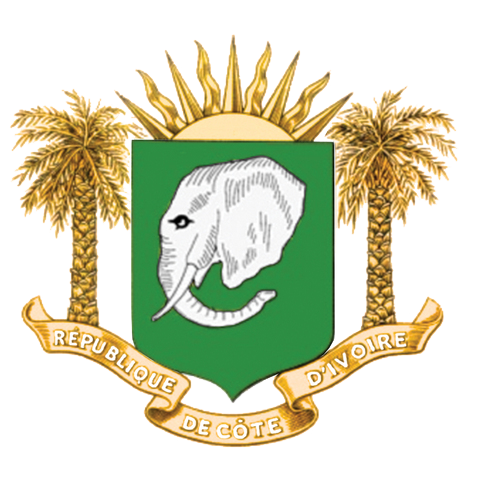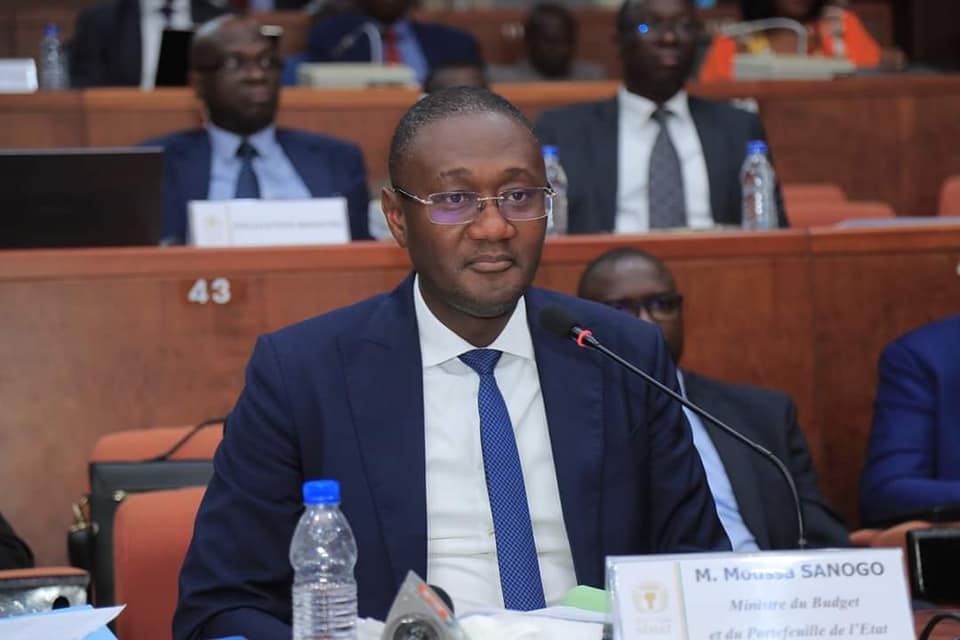La commission des affaires économiques et
financières (CAEF) du Sénat a conduit à son terme, le vendredi 16 décembre
2022, à la Fondation Félix Houphouët-Boigny de Yamoussoukro, l’examen du projet
de loi de finances portant budget de l’Etat pour l’année 2023. Le processus
avait débuté quatre jours plus tôt, par une introduction générale du Ministre
du Budget et du Portefeuille de l’Etat, Moussa Sanogo, qui a donné les
caractéristiques du budget 2023, avant l’oral des membres du gouvernement
devant les Sénateurs qui devaient arracher chacun l’approbation des crédits
budgétaires du département ministériel dont il a la charge.
Au bout du processus, la chambre haute du Parlement
ivoirien a adopté vendredi, à l’unanimité, le projet de budget de l’Etat 2023
et son annexe fiscale, seulement quelques heures après que le Vice-président
Tiemoko Meyliet Koné, a inauguré le tronçon Yamoussoukro Tiébissou de
l’autoroute du Nord. « De très belles perspectives s’ouvrent à nous. Les motifs
d’espoir sont réels. (…) Je ressors d’ici confiant dans l’avenir de notre pays
; la Côte d’Ivoire devrait continuer sa marche vers l’avant », assure le
ministre. Il est pleinement satisfait de la qualité des échanges avec les
Sénateurs qui ont procédé à un examen approfondi du document et montrer qu’ils
travaillent avec l’exécutif « à doter le pays de lois de qualité, et plus
spécifiquement, de lois de finances à la dimension de la grandeur de la Côte
d’Ivoire. »
Au cours des travaux, les élus de la chambre haute du
Parlement ont salué la qualité du travail abattu par le ministre Moussa Sanogo
et sa grande connaissance des dossiers de l’Etat. Le projet de loi de finances
pour 2023, tel que présenté, s’équilibre en ressources et en charges à 11 694,4
milliards Fcfa, soit une progression de 18,4% par rapport à 2022.
Le gouvernement table sur des prévisions de croissance de
6,8% en 2022 et de 7,3% en 2023, ainsi qu’une forte décrue de l’inflation de 6%
aujourd’hui à 3% en 2023, en misant sur l’arrêt ou une atténuation
significative des effets à l’origine de la poussée inflationniste, notamment la
hausse des prix du pétrole. Il est projeté également une hausse de recettes
fiscales qui constitueraient 53,4% du budget, contre 26,5% d’emprunts sur les
marchés
monétaires.
Evoquant l’annexe fiscale 2023, Moussa Sanogo a affirmé
que « ce sont 18 articles qui comportent des mesures de mobilisation de
ressources, des mesures de renforcement des capacités des acteurs économiques,
en particulier les PME pour lesquelles des facilités complémentaires sont
accordées. » L’annexe fiscale 2023 comporte effectivement, en autres, une
mesure portant aménagement du seuil minimum d’investissement requis pour
bénéficier de la réduction d’impôt sur les bénéfices, qui passe à 25 millions
pour les PME au lieu de 100 millions Fcfa. D’autres mesures portent sur le
renforcement de la digitalisation du contrôle fiscal, la réduction de la taxe
aéroportuaire et l’adaptation du dispositif fiscal à la législation
communautaire et aux directives internationales. « Maintenant que le budget est
adopté, il faut retrousser les manches, mobiliser les ressources, être efficace
dans la dépense et créer de la richesse pour nos citoyens », a interpellé le
ministre qui souligne que l’Etat va créer les conditions pour accroitre la
production agricole, notamment vivrière.


